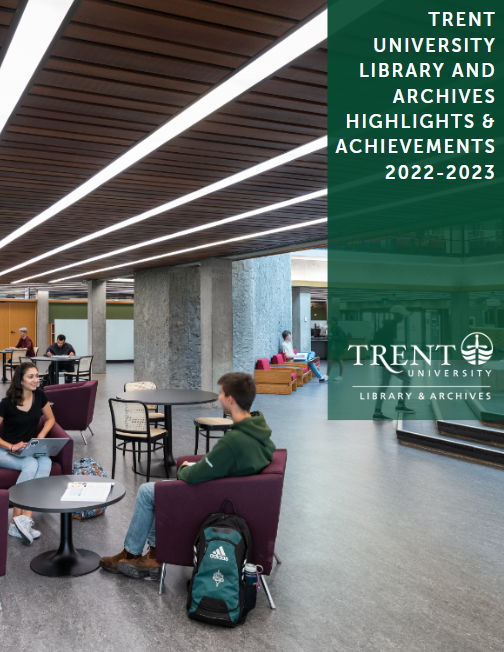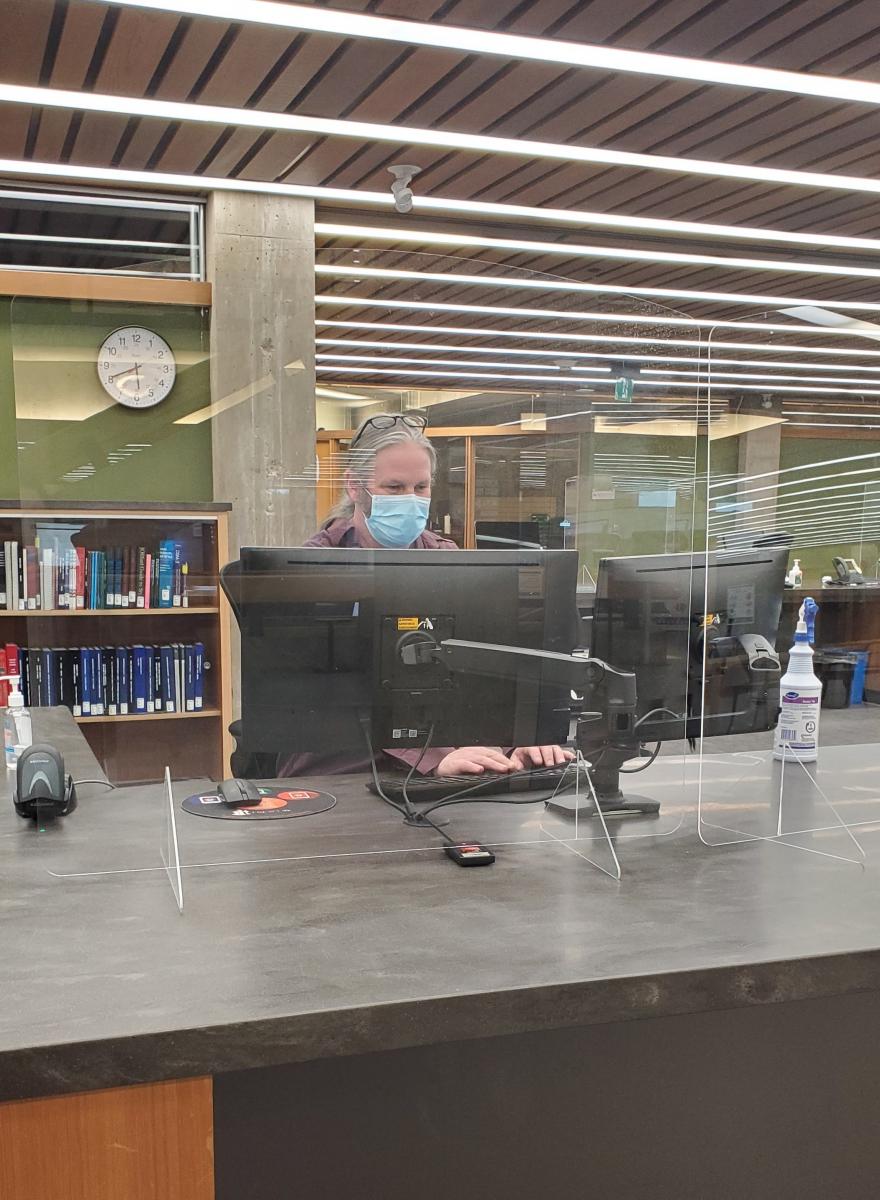
Quick Guide to Copyright for Online Delivery of Audiovisual Materials
Use of audio or video works in lectures
When applying copyright law, the differences between online and in-person teaching can be a bit more complex. Playing audio or video of legally-obtained physical media during an in-person class is an acceptable practice at Trent University under Section 29.5 of the Copyright Act. However, that exemption doesn't typically cover playing the same media in the online environment.
Copyright fair dealing guidelines apply to the use of audiovisual works; consequently, it is acceptable to use brief clips (less than 10%) of audiovisual works in your online class without seeking copyright permission. (See our Fair Dealing Page for more information).
For media use exceeding short excerpts, you may need to have students access the content outside of your lecture videos. Some further options are outlined below.
Linking to publicly available online content like videos available on YouTube, news websites, etc., is rarely a copyright issue (avoid linking to obviously infringing materials such as .pdf’s of an entire text, or pirated videos of entire audiovisual works). Please note that videos posted on YouTube may encounter copyright enforcement such as a takedown notice, or disabling of audio or video.
Linking to subscription content available through Trent Library is always an excellent option. Much of our content will have “permalink” options enabling off-campus access. See our page on creating permalinks for more information.
Possible options for using audio or video materials in the online teaching environment:
- Consider using licensed online video resources available via Trent Library.
- Consider using material available via the National Film Board, and the CBC’s GEM and Curio services (Curio is available via Trent Library).
- Standard commercial streaming services like Netflix, Crave, Disney+, and Amazon may be options (although not all students will have subscriptions or own technology/devices to support streaming); for exclusive content, these services may be the only option.
- There may be the availability of public performance rights or other streaming licensing for your required AV material.
- Seeking permission to use the material from the rightsholder may be an option.
For further information, please contact the Copyright Office (copyright@trentu.ca) or your Liaison Librarian.
This resource has been adapted to meet Trent University Copyright Office requirements from material prepared by University of Toronto Copyright Office.


